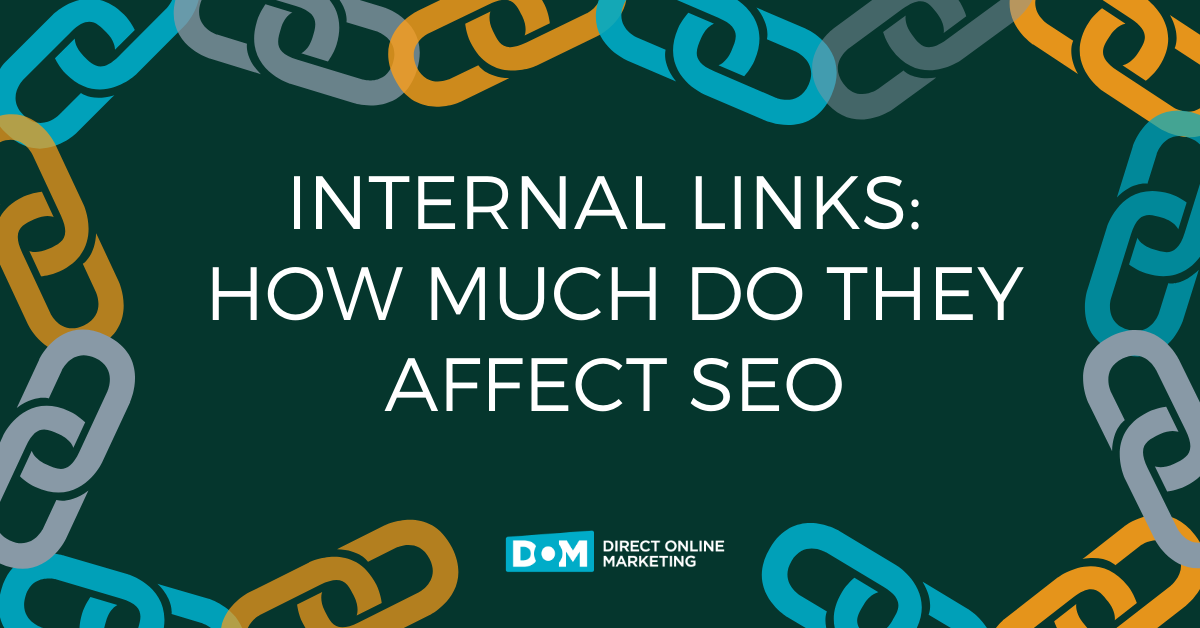How It All Started
I shook hands with SEO and PPC two summers ago as an intern for DOM. Now, I am in a full-blown relationship with SEO and all of its counterparts. It’s been like doing the Polar Bear Plunge into a giant, freezing SEO lake with everything I’ve read, watched, and tested. There is a plethora of information at your fingertips related to best practices, Google’s search algorithm, SEO for specific industries, local SEO, etc. However, I have found that there is a big difference between basic (or generic) SEO and advanced SEO.
Naturally, my first exposure to SEO was Moz’s beginner’s guide. This taught me, you know, the basics: search engine marketing, technical SEO, keywords, link building, tools, and measuring. I had it all figured out. I was going to implement my researched keywords on a webpage, fix any technical problems, and show my clients how they rank on the first page of Google. Right . . .
Then came my first technical SEO audit and keyword research project. Long story short, I came to realize every tactic in SEO had its own forum, webinar, and blog posts about the best strategy in certain situations. Some were extremely helpful and provided solutions! Most were not so helpful and provided “generic” information. Following this generic information will only maybe slightly improve organic traffic. So, I wanted to distinguish why basic SEO is a world different than advanced SEO.
The Gap
Let’s say that Jenna, a marketing manager for a hospital, wanted to learn more about SEO and what she can do to incorporate it into the marketing strategy. First, she learns about the SEO world and might frequent beginner’s guides, an online marketing glossary, and blogs about how SEO can improve an online presence. This is all beneficial information. Then, there comes a gap—a gap between the generic and advanced SEO information.
Jenna starts to make some changes to the website, write a couple blog posts, and fix any broken links. She sees little to no change. Why didn’t it work? What is missing? An SEO STRATEGY that includes the advanced SEO tactics!
An SEO strategy is what separates advanced from basic. As a digital marketing agency, we are surrounded by SEO experts and learn something new every day! Tactics such as local SEO, internal linking, skyscraper link building, conversion optimization, and analyzing metrics (just to name a few) are tied into our SEO strategies. As a marketing manager, you may not have the time for this. Sure, the basics of SEO will always be a foundation, but it takes advanced SEO tactics to move the needle.
So how do you get there?
You have a few options:
Longer Process
- Become an SEO pro yourself. It takes dedication and massive amounts of time, but through deep learning and testing . . . There are no barriers to entry. Anyone can join this club. No $100,000+ degree necessary. Keep in mind that the industry is always changing and you will need to stay up-to-date on best practices and changes to the Google algorithm.
- Hire a capable marketer and watch them grow into the role through the same hard work and dedication noted above. Hire an individual who is willing to learn, tech-savvy, and who possesses strong writing skills.
Medium-Length Process
- Hire an SEO pro. Have a full-time, dedicated professional all to yourself. They can come in from Day 1 and start helping. It’s medium term, though, because of all the time needed to write the job description, post the opportunity, collect resumes, go through the interview process, and (hopefully on the first go around) hire the right person. If you do make the right hire, it’s a bonanza. Just be aware that this is often the most expensive option.
Shorter Process
- Hire an agency to perform an SEO audit and set the strategy for you. If you have the capabilities, you can then take it over.
- Hire an agency on retainer. They’ll start with the audit and strategy and then execute for you. It is important to hire the right agency for your business. Be aware of the agencies that guarantee first page results or perform “black hat” practices. Google now penalizes websites that use these tactics. Choose an agency that is transparent, listens to your needs, and is capable of designing a strategy tailored for your business.
Any of the above methods can be successful. It’s simply a matter of your goals and their urgency, in house capabilities, and budget.




